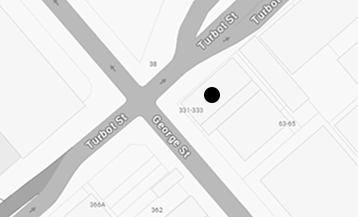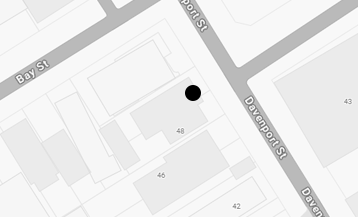Get Property Returned After Charges are Withdrawn
In the process of conducting investigations and collecting evidence to solve crimes, police in Queensland have considerable powers to seize property as set out in the Police Powers and Responsibilities Act 2000 (‘PPR Act’).
Often police will be empowered to enter a place and seize things listed in a warrant but even without one, they are able to search persons, vehicles, and public places where they reasonably suspect that a person possesses an unlawful weapon, dangerous drug, stolen property, or otherwise has evidence of the commission of certain offences. Police can seize things to be potentially used as evidence, or if they believe a person might use the thing to harm themselves or others, or commit an offence with the item/s.
Under the PPR Act police must follow certain protocols in executing search warrants and seizing property which, if not followed, may make the use of the items inadmissible as evidence in a criminal trial.
Police also have responsibilities in regards to returning property if a charge is not forthcoming in relation to possession of the item/s. We’ll take a closer look at this aspect of police seizure and holding of property in this article.
What must police do with seized property if no charges are laid?
The first thing to know is that police must issue a receipt for property seized to the person from whom they have taken it – known as a field property receipt – as soon as is reasonably practicable. The only exception to this requirement is where the providing of a receipt would impair their investigation (in covert operations, for example). The receipt must describe the item seized and if not given to the owner in person, be left in a place where it will be noticed.
But once an item of property is seized, it must be returned to its owner within 30 days unless it is to become evidence in a charge that a criminal offence has been committed. If no charges or legal proceedings are commenced by the police within 30 days, they must apply to a Magistrate for an order to be able to continue to retain the property.
If the 30-day period passes without a charge being laid and the seized property has not been returned by the police, plus they do not have a court order allowing them to retain the item/s, the owner must write to the police commissioner (or, in practice, the property officer at the police station where the item/s are held) directly to have it returned. If the request is refused, the property owner can apply to a magistrate seeking an order for it to be returned.
To avoid this process, police may also make a copy, download information or photograph items so that the original can be returned to the owner, though in practice they prefer to keep the original items for the purposes of potential evidence in a criminal prosecution.
When police seek a forfeiture of property
Police may seek property be forfeited if it is connected to, or has been used in the commission of an offence. The forfeiture order is typically made by a court where:
- the owner of the property cannot be found after reasonable inquiries have been made to locate them;
- the property has been used in the commission of an offence (such as a mobile phone used to facilitate a drug deal);
- it is necessary to retain the property to prevent it being used in the commission of an offence; or
- possession of the property is an offence (firearms, weapons or illicit drugs, for example).
If seized property is used as evidence in criminal proceedings, the court may make a decision about what should happen with it once the matter is resolved, including its destruction, disposal or forfeiture to the state. But where the court makes no order about what should happen with the property – a common occurrence – police are required to return the items to the lawful owner unless they obtain a forfeiture order.
Where an owner objects to the forfeiture, they must apply with an objection to a Magistrate within 28 days after the notice is given.
Rely on the help of expert criminal lawyers
If any of the issues raised in this article are relevant to you, speak with our criminal law professionals at Hannay Criminal Defence. Our Criminal Lawyers Brisbane can help clarify the issues involved and ensure that police follows the correct procedures under the PPR Act in seizing and holding property. We will guide you through the appropriate process whether or not the property becomes the subject of legal proceedings. Contact us today for a discussion.








